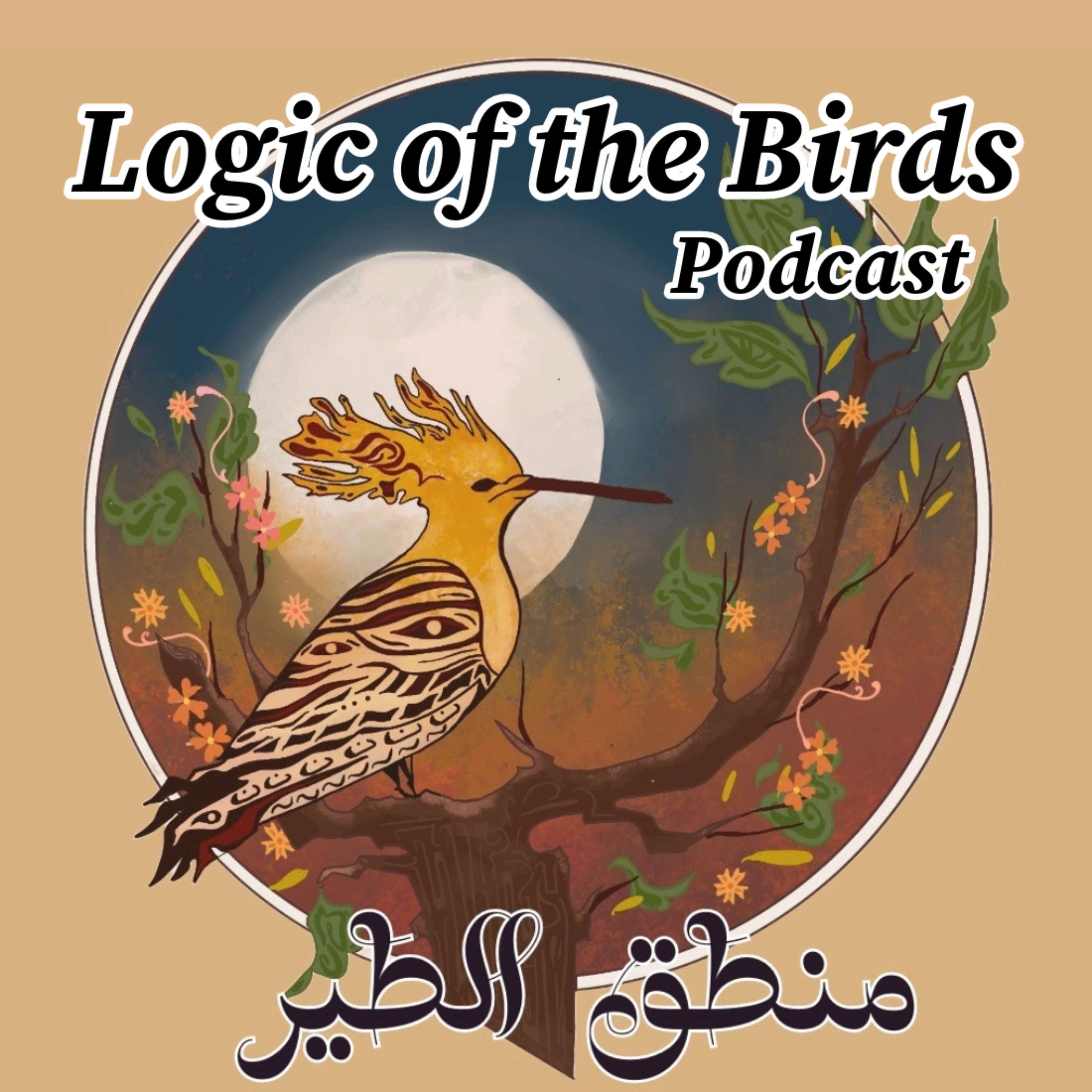Episodes
Professor Seyyed Hossein Nasr joins us to discuss the poetry of Shams al-dīn Muḥammad Shirāzī (1325-1390), better known by his pen-name, Hafez. Widely considered the greatest master of the Persian ghazal, his poetry was acclaimed even during his lifetime, winning him fame as far as Bengal. His Divān, or collection of poetry, is one of the most beloved, studied, and commented upon works of literature in Islamic history, even influencing non-Islamic poets like Goethe and Tagore. Enjoying the...
Published 04/30/24
Published 04/30/24
Professors Michael Sells and Hany Ibrahim explore the poetry of Muḥyī ad-Dīn Ibn al-‘Arabī (1165-1240), the Andalusian scholar, mystic, poet, and author known as the Shaykh al-Akbar, “The Greatest Master.” One of the most influential Islamic thinkers and spiritual figures of all time, Ibn al-‘Arabi is best known for his voluminous Futuḥāt al-Makkiya, The Meccan Openings, once called “the greatest spiritual encyclopedia ever written by a single author,” and his highly influential and shorter...
Published 04/21/24
Professors Prashant Keshavmurthy and Shankar Nair explore the brilliant and multilingual poetry of Amir Khusraw (651-725 /1253–1325), one of the most celebrated and influential South Asian poets, known as Tuti-i Hindi, “The Parrot of India”. A court poet and an devoted disciple of the great Sufi saint, Nizam al-din Awliya’ (next to whom he is buried in Delhi), Khusraw is known for his mastery of multiple genres, flowing style and īhām (double or more-entendres), his musical ability (he is...
Published 04/12/24
Professors Nicholas Boylston and Cyrus Zargar explore the striking poetry of ‘Attar of Nishapur, an seminal Persian Sufi poet and master of the Persian Masnavi (epic in rhymed-couplets) genre. His Conference of the Birds is a masterpiece of Sufi literature, and it and ‘Attar’s other poetic works, including his ghazals, exerted a strong influence on later Sufi poets, especially Rumi.
Links and Further Reading/Listening:
“Attar’s “Conference of the Birds” – The Greatest Sufi...
Published 03/11/24
Professors Fatemeh Keshavarz and Cyrus Zargar explore the poetry of Sa‘di, the traveling poet of 7th/13th-century Shiraz known for his fluid and natural style, wit, and wisdom. His Bustan and Gulistan are considered masterpieces of Persian composition and were widely-studied from the Balkans to Bengal, influencing later Persian as well as European authors.
Links and Further Reading/Listening:
Thackston, W.M. The Gulistan (Rose Garden) is Sa’di: A Bilingual English and Persian...
Published 03/11/24
Professors James Morris and Arjun Nair discuss the poetry of the “Sultan of Lovers,” ‘Umar ibn al-Farid, the 7th/13th-century Egyptian poet whose qasidas (odes) are widely considered to be among the best ever composed in the Arabic language.
Links and Further Reading/Listening:
Ibn al-Farid – The Sufi Poet of Love & Oneness, Let’s Talk Religion
T. Emil Homerin, ʻUmar Ibn Al-Fāriḍ: Sufi Verse, Saintly Life (New York: Paulist Press, 2001).
——, Passion Before me, My Fate...
Published 03/11/24
Professors Nicholas Boylston and Parisa Zahiremami discuss the poetry and legacy of Hakim Sana’i, the seminal Persian Sufi and court poet of the 11th-12th century. His magnum opus, Hadiqat al-Haqiqa (The Garden of Reality), had a tremendous influence on Persian poets and literature after him.
Further Reading:
Parisa Zahiremami, “Sanāʾi’s Hadiqat al-haqiqeh: Between Narrative and Non-narrative.” Iranian Studies 54, no. 3-4 (2021): 485-519.
——, “Cosmopolitanism, Poetry, and...
Published 03/11/24
Professors Carl Ernst and Cyrus Zargar discuss the poetry and singular legacy of al-Hallaj, the famous early Sufi poet and teacher who became legendary for his shocking statement, Ana al-Ḥaqq, “I am the Real,” and his dramatic execution by the authorities in Baghdad in 309/ 922. al-Hallaj left behind a body of beautiful Sufi poetry in Arabic that is still popular today and became a legendary figure in Sufi literature.
Links and Further Reading/Listening:
“Life, Works, and Poetic...
Published 03/11/24
Professors Fatemeh Keshavarz and James Morris explore the poetry of Rumi, a famous Islamic scholar and Sufi master whose profound Persian poetry was widely-revered and recited from the Balkans to Western China, and recently became very popular in the United States as well. He is best known for his masterpieces, the Masnavi-i Ma‘navi (The Spiritual Couplets), a six-volume poetic work of around 25,000 verses, dubbed “the Qur’an in Persian,” and the Divan-i Shams, a collection of over 3,000...
Published 03/10/24


